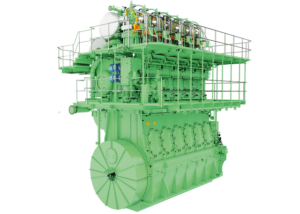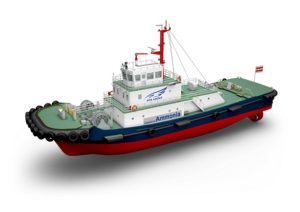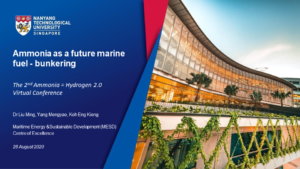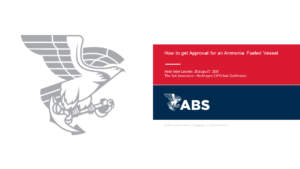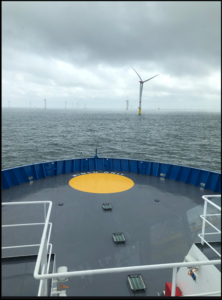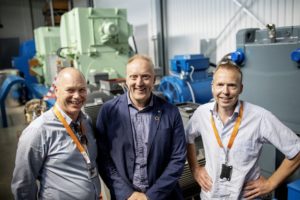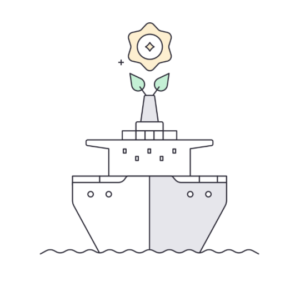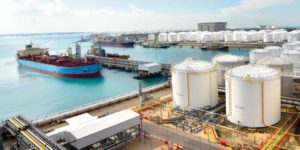US Senators Show Strong Interest in Ammonia-Fueled Shipping
The Senate Energy and Natural Resources Committee, led by Chairman Lisa Murkowski (R-Alaska) and Ranking Member Joe Manchin (D-West Virginia), recently hosted a hearing on offshore energy technologies. I was invited to testify on technology and policy options for eliminating greenhouse gas emissions from the marine shipping sector, and I used the opportunity to spotlight ammonia's central role in that effort.

